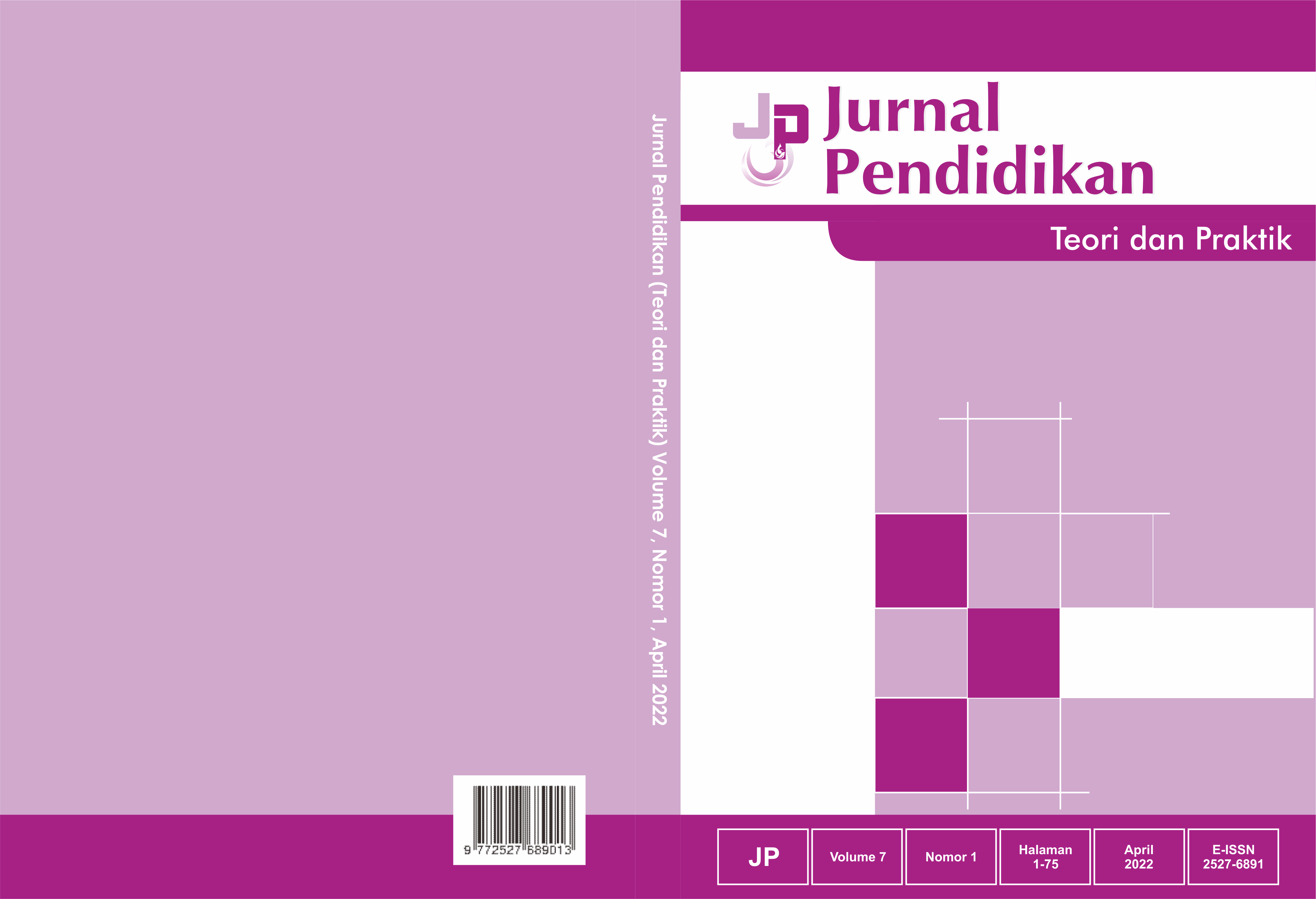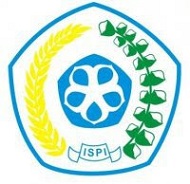THE ROLE OF TEACHERS IN DEALING WITH STUDENT BEHAVIOR REGARDING SCHOOL RULES VIOLATIONS
DOI:
https://doi.org/10.26740/jp.v8n2.p172-183Keywords:
Role of Teachers, Student Behavior, School RulesAbstract
The problem in this research is the violations of school rules committed by students and the efforts made by teachers to overcome various violations of these rules. This research was carried out at SMP Negeri 4 Lolofitu Moi with the research objectives: (1) To determine the role of teachers in handling various student behavior regarding violations of school rules. (2) To find out what obstacles teachers have in dealing with student behavior regarding violations of school rules. The subjects in this research were class IX students and all subject teachers. This research uses a qualitative research method with a descriptive approach, where the researcher describes and explains the background of the problem obtained from informants or sources and outlines the conclusions of the research results based on accurate data sources. To ensure the validity of the research data, the author conducted observations and interviews with teachers and students at SMP Negeri 4 Lolofitu Moi. The data will then be processed for further presentation of the data and drawing conclusions from the research results. From the research results, the following conclusions can be drawn: (1) Teachers participate in overcoming violations of school rules. Teachers have a role in preventing and helping students in solving problems faced by students so that problematic students can become better students in accordance with the rules made by the school. (2) Teachers' efforts to overcome various violations of school rules are not only focused on BK (Guidance and Counseling) teachers, in this case teachers are always responsible for forming students' character and morals as well as guiding and directing students so they can behave well. (3) Teachers still experience obstacles in overcoming violations of rules and regulations that occur at school. This is because teachers are afraid to give reprimands because of child protection laws and the emphasis on upholding universal human rights.
References
Asmani, J. M. (2012). Kiat Mengatasi Kenakalan Remaja di Sekolah. Yogyakarta: Buku Biru.
Cipta, R. (2006). Arikunto, Suharsimi. 2006. Prosedur Penelitian. Jakarta: Rineka Cipta.
Elviana, R. N., Hosnan, M., & Suparno, S. (2022). PERAN GURU DALAM MENANAMKAN KARAKTER DISIPLIN PADA SISWA KELAS IV MELALUI KEGIATAN PEMBELAJARAN DI SDN KARAWACI BARU 6. Primary: Jurnal Pendidikan Guru Sekolah Dasar, 11(1), 206. https://doi.org/10.33578/jpfkip.v11i1.8141
Hermanto, M., & Sormin, D. (2023). UPAYA GURU AKIDAH AKHLAK DALAM MENANGGULANGI KENAKALAN SISWA DI MADRASAH ALIYAH SYEKH SULAIMAN BAQI HUTAPUNGKUT KECAMATAN KOTANOPAN KABUPATEN MANDAILING NATAL. Tarim: Jurnal Islamic Eduation, 1(1).
Moleong, L. J. (2010). Metodologi Penelitian Kualitatif (XXVII). Bandung: Remaja Rosdakarya.
Ramdhan, M. (2021). Metode penelitian. Cipta Media Nusantara.
Rochaniningsih, N. S. (2014). Dampak pergeseran peran dan fungsi keluarga pada perilaku menyimpang remaja. Jurnal Pembangunan Pendidikan: Fondasi Dan Aplikasi, 2(1).
Sarosa, S. (2021). Analisis data penelitian kualitatif. Pt Kanisius.
Saura, R. B. D. L., & Mamaoag, N. (2023). MICROCLASS: A PEDAGOGICAL INNOVATION FOR TEACHING-LEARNING PROCESS IN SCIENCE. Malaysian Journal of Learning and Instruction, 20. https://doi.org/10.32890/mjli2023.20.1.2
Sutrisno, H. (2004). Metodologi research. Yogyakarta: Andi Offset.
Wahidin, S. C., & Hafidz, H. A. R. (2012). PEMAHAMAN REMAJA TENTANG KENAKALAN DAN PARTISIPASI MASYARAKAT DALAM MENGATASI KENAKALAN REMAJA DI KECAMATAN MAMAJANG MAKASSAR.
Downloads
Published
How to Cite
Issue
Section
License

This work is licensed under a Creative Commons Attribution-ShareAlike 4.0 International License.
 Abstract views: 1286
,
Abstract views: 1286
, PDF Downloads: 1440
PDF Downloads: 1440








.png)





